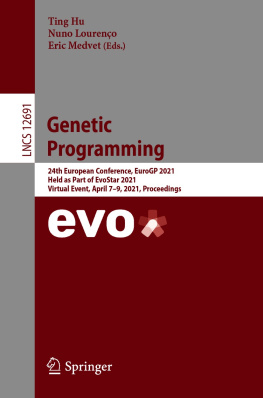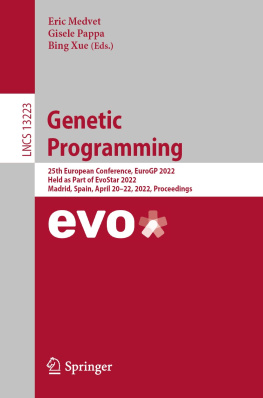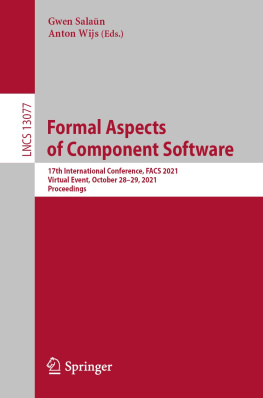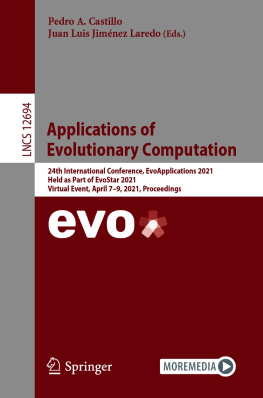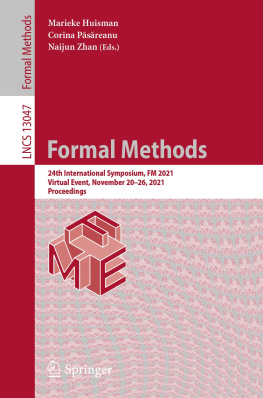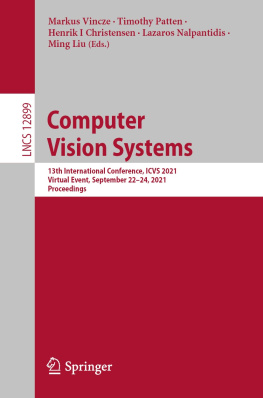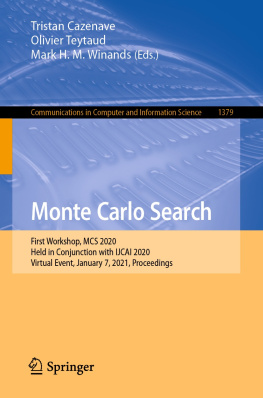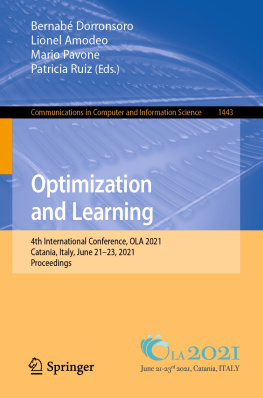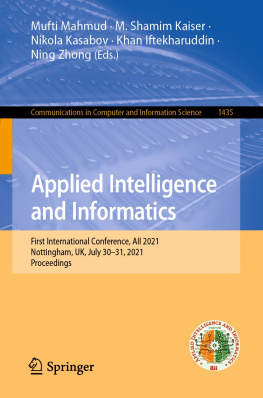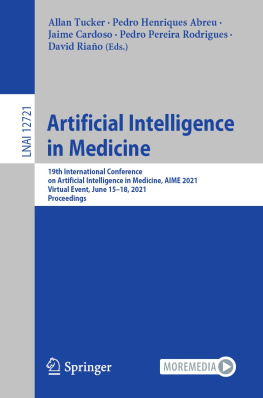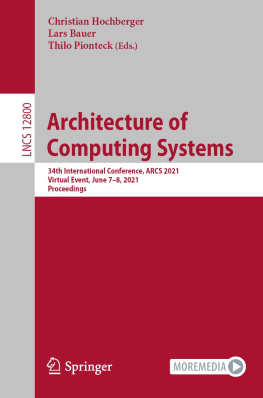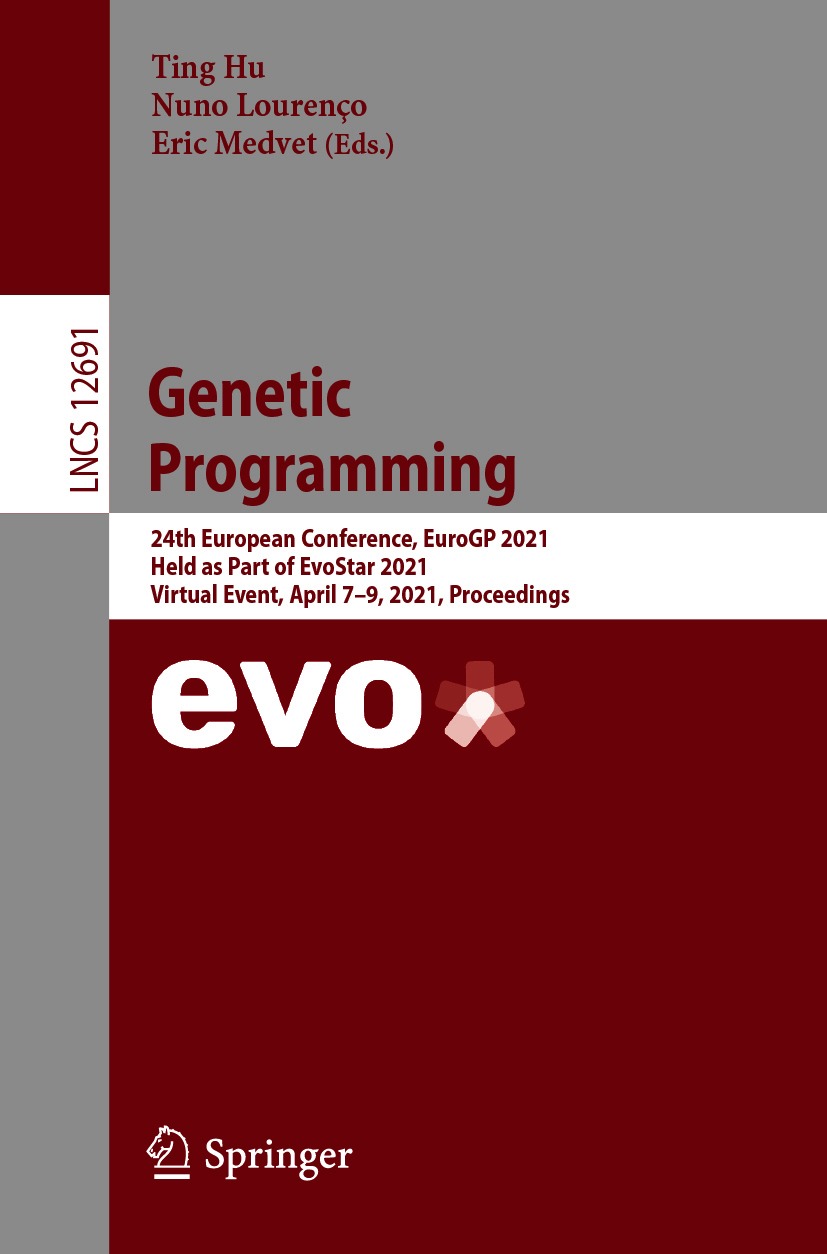Ting Hu (editor) - Genetic Programming: 24th European Conference, EuroGP 2021, Held as Part of EvoStar 2021, Virtual Event, April 7–9, 2021, Proceedings (Lecture Notes in Computer Science, 12691)
Here you can read online Ting Hu (editor) - Genetic Programming: 24th European Conference, EuroGP 2021, Held as Part of EvoStar 2021, Virtual Event, April 7–9, 2021, Proceedings (Lecture Notes in Computer Science, 12691) full text of the book (entire story) in english for free. Download pdf and epub, get meaning, cover and reviews about this ebook. year: 2021, publisher: Springer, genre: Home and family. Description of the work, (preface) as well as reviews are available. Best literature library LitArk.com created for fans of good reading and offers a wide selection of genres:
Romance novel
Science fiction
Adventure
Detective
Science
History
Home and family
Prose
Art
Politics
Computer
Non-fiction
Religion
Business
Children
Humor
Choose a favorite category and find really read worthwhile books. Enjoy immersion in the world of imagination, feel the emotions of the characters or learn something new for yourself, make an fascinating discovery.
- Book:Genetic Programming: 24th European Conference, EuroGP 2021, Held as Part of EvoStar 2021, Virtual Event, April 7–9, 2021, Proceedings (Lecture Notes in Computer Science, 12691)
- Author:
- Publisher:Springer
- Genre:
- Year:2021
- Rating:4 / 5
- Favourites:Add to favourites
- Your mark:
Genetic Programming: 24th European Conference, EuroGP 2021, Held as Part of EvoStar 2021, Virtual Event, April 7–9, 2021, Proceedings (Lecture Notes in Computer Science, 12691): summary, description and annotation
We offer to read an annotation, description, summary or preface (depends on what the author of the book "Genetic Programming: 24th European Conference, EuroGP 2021, Held as Part of EvoStar 2021, Virtual Event, April 7–9, 2021, Proceedings (Lecture Notes in Computer Science, 12691)" wrote himself). If you haven't found the necessary information about the book — write in the comments, we will try to find it.
This book constitutes the refereed proceedings of the 24th European Conference on Genetic Programming, EuroGP 2021, held as part of Evo*2021, as Virtual Event, in April 2021, co-located with the Evo*2021 events, EvoCOP, EvoMUSART, and EvoApplications. The 11 revised full papers and 6 short papers presented in this book were carefully reviewed and selected from 27 submissions. The wide range of topics in this volume reflects the current state of research in the field. The collection of papers cover interesting topics including developing new operators for variants of GP algorithms, as well as exploring GP applications to the optimisation of machine learning methods and the evolution of complex combinational logic circuits.
Ting Hu (editor): author's other books
Who wrote Genetic Programming: 24th European Conference, EuroGP 2021, Held as Part of EvoStar 2021, Virtual Event, April 7–9, 2021, Proceedings (Lecture Notes in Computer Science, 12691)? Find out the surname, the name of the author of the book and a list of all author's works by series.

